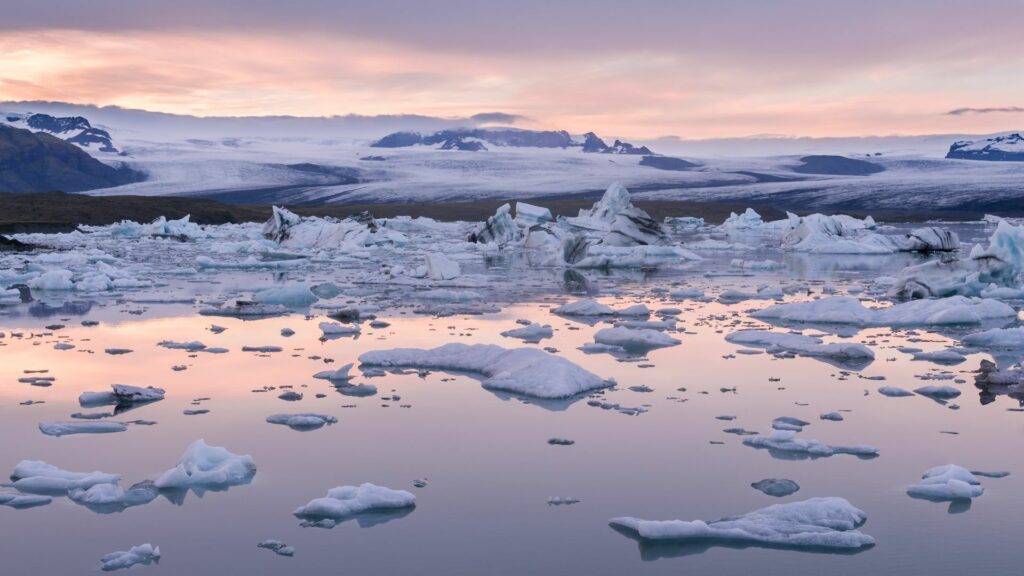The majority of the world's glaciers will disappear by the end of the 21st century, even if we limit global warming to 1.5°C, according to a new international study published recently in the journal Science. The study focuses on the direct effect on glaciers of several global warming scenarios in order to better guide political decisions.
One of those who participated in the study is Etienne Berthier, a glaciologist and director of research at the National Council for Scientific Research (CNRS) in France. He told RTBF that the new projections represent a significant increase in losses. "There is evidence of a greater loss of glacier mass between 14 and 23% compared to previous projections,” he said. “That's a significant increase."
In the most optimistic scenario, that of 1.5°C of warming, "we will lose about 26% of the mass of glaciers, or 49% of all glaciers, which corresponds to a rise in sea level of about 9 centimetres,” he added. “It is especially the small glaciers that will have disappeared." It is the regions where small glaciers are most numerous and located at low altitudes that are of most concern, including the Alps, the Pyrenees and the Caucasus.
As they melt, seas rise
"The small glaciers are disappearing but also the largest glaciers, those in the Arctic region, Alaska, whose mass loss is 41%.” He said, before explaining the worst-case scenario based on an increase in global temperatures by four degrees. “The rise in sea level will be 15 centimetres in 2100, adding the loss of mass of the polar ice sheets of Antarctica and Greenland and the fact that the ocean is warming and therefore increasing in volume."
For the moment, the world is heading for a warming of 2.7°C, which would lead to almost complete deglaciation in Central Europe, Western Canada and the United States, or New Zealand.
The disappearance of glaciers will have consequences for water resources. They represent an important reservoir for about two billion people. "Glaciers store water in winter and provide water in summer. With their disappearance, we lose this important storage. Local populations may run out of water for their crops," Franck Pattyn, a glaciologist at the ULB in Brussels, told RTBF. “There will be less water available.”
A domino effect
The disappearance of glaciers in Europe will obviously have economic consequences, as we are already seeing today. Skiing or hiking around small glaciers will be affected. Boat traffic on lower rivers will be made more difficult. Conversely, rising sea levels will lead to significant flooding in the event of storms, and therefore also to greater damage.
These projections are more alarming than those currently used by UN climate experts. They have been made possible by brand new data on the mass variations of every glacier in the world in recent decades. These data made it possible to better calibrate the mathematical model used to anticipate the future.
Related News
- Natural snow for skiing could disappear within decades, warns Belgian scientist
- One-third of World Heritage glaciers cannot be saved
This is a new cry of alarm with a strong observation: already now a large part of the world’s glaciers is already condemned. "The history of recent temperature rise is so rapid that glaciers are out of balance with climate and are partly doomed,” said Etienne Berthier. “To preserve the largest glaciers, those at high altitude, it is urgent to act to reduce our greenhouse gas emissions to limit the rise in global temperature."

